By analyzing the resistance genes and proteins of E. coli, researchers can optimize treatments to address both current and future antimicrobial resistance.
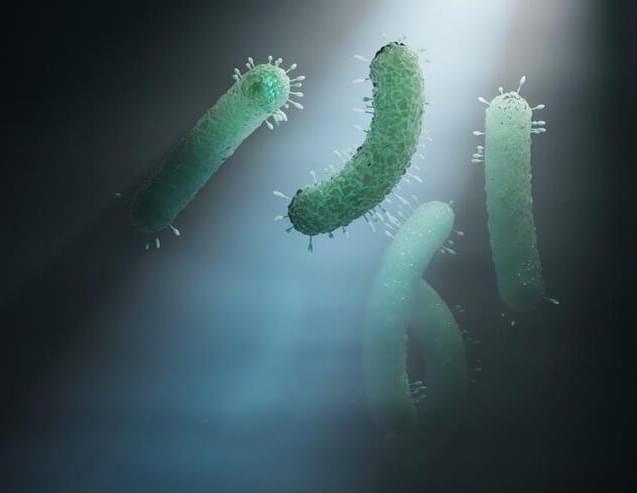

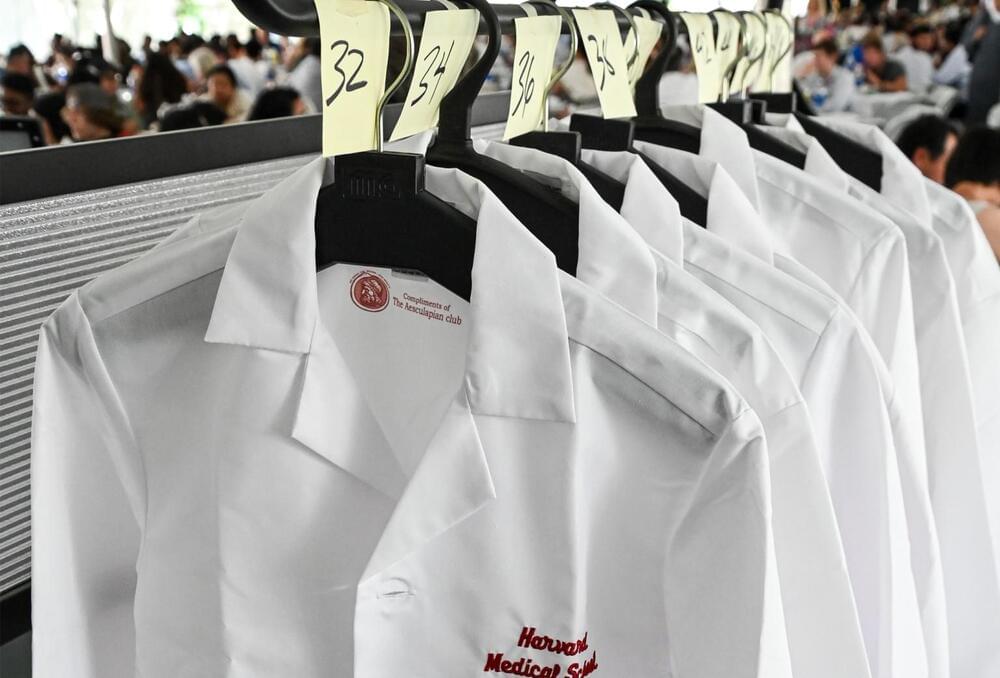
Generative AI is changing medicine, and it’s happening fast. HMS is getting a jump on this shift by training future doctors with skills in data and machine learning.
Harvard Medical School is building artificial intelligence into the curriculum to train the next generation of doctors.
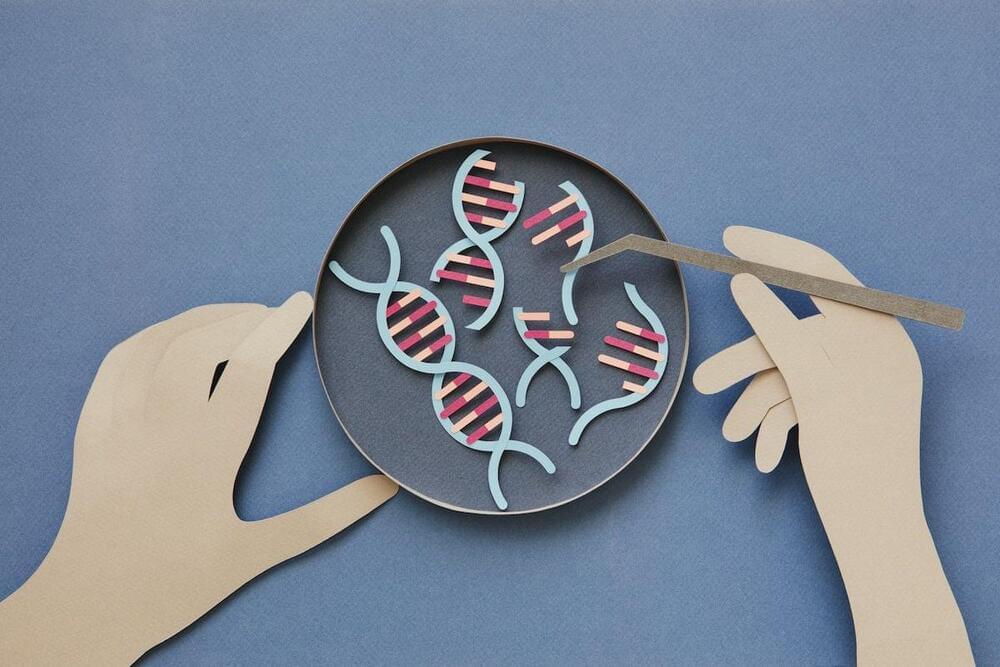

“Al-determined tumor volume has the potential to advance precision medicine for patients with prostate cancer by improving our ability to understand the aggressiveness of a patient’s cancer and therefore recommend the most optimal treatment,” said Dr. David D. Yang, MD.
How can artificial intelligence (AI) help medical professionals identify, diagnose, and treat prostate cancer? This is what a recent study published in Radiology hopes to address as a team of researchers developed an AI model designed to identify prostate cancer lesions, which holds the potential to help medical professionals and patients make the best-informed decisions regarding diagnoses and treatment options.
For the study, which was conducted between January 2021 to August 2023, the researchers had their AI model examine MRI scans from 732 patients, including 438 patients who underwent radiation therapy (RT) and 294 patients who underwent radical prostatectomy (RP). The goal was to compare a potential success rate of the AI model identifying tumors compared to patient treatment between 5 to 10 years after being diagnosed.
In the end, the AI model demonstrated an 85 percent accuracy in identifying cancerous lesions. Additionally, the AI model identified the larger volume lesions that resulted in failed treatment and metastasis, which is when cancer tumors spread beyond the original location within the body. Finally, the AI model determined that RT patients were at a decreased risk of metastasis based on their tumor volumes.

This level of precision could be a game-changer for therapies that require gene expression in one specific tissue, without impacting others.
By providing more control over where and when genes are activated, these AI-designed CREs could potentially be used in a variety of therapeutic applications, from treating genetic diseases to optimizing tissue regeneration.
As this AI-powered approach to designing CREs matures, the possibilities are vast. Beyond basic research, these synthetic DNA switches could be employed in biomanufacturing or to develop advanced treatments for a range of conditions, offering more effective ways to manipulate genes with unprecedented precision.
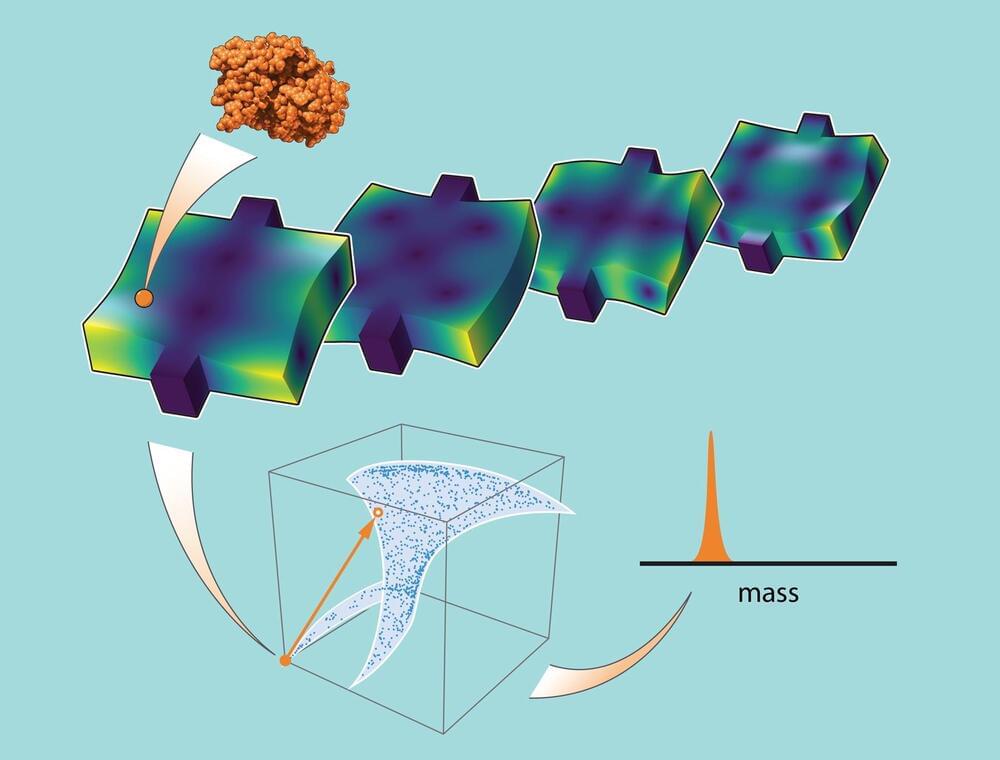
Caltech scientists have introduced a revolutionary machine-learning-driven technique for accurately measuring the mass of individual particles using advanced nanoscale devices.
This method could dramatically enhance our understanding of proteomes by allowing for the mass measurement of proteins in their native forms, thus offering new insights into biological processes and disease mechanisms.
Caltech scientists have developed a machine-learning-powered method that enables precise measurement of individual particles and molecules using advanced nanoscale devices. This breakthrough could lead to the use of various devices for mass measurement, which is key to identifying proteins. It also holds the potential to map the complete proteome—the full set of proteins in an organism.
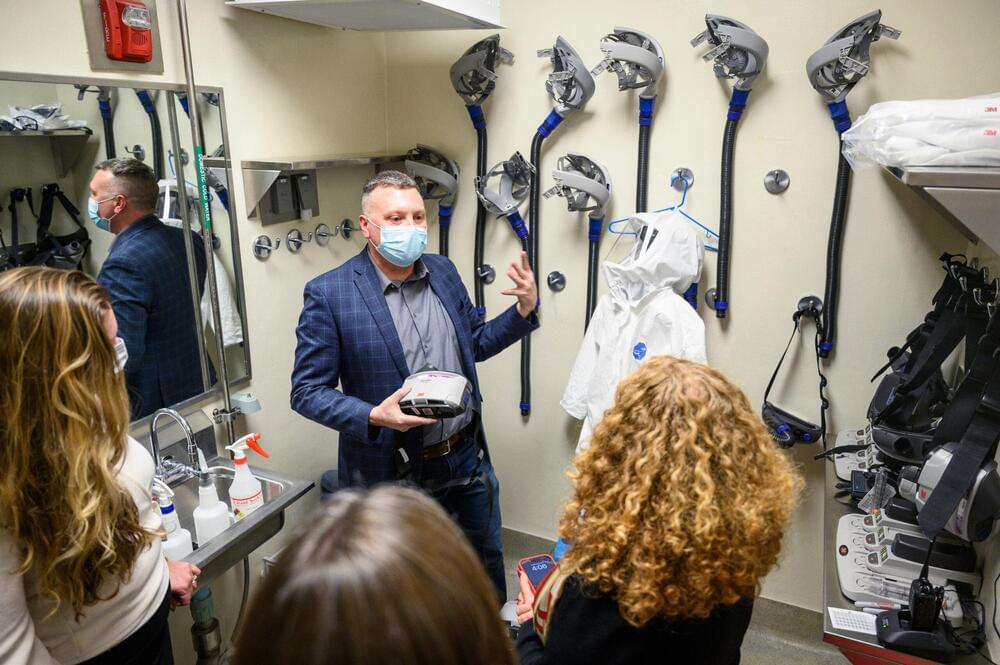
Scientists studying viruses at the University of Wisconsin-Madison recently opened their lab door for a tour, looking to shine a light on their work after being targeted by a Republican bill.
The legislation would have prohibited some of the research that has been done in the past in Madison…
The bill would have ended all so-called “gain-of-function” research at higher education institutions in the state, and cut funding from any university that continued such experiments.
A way to re grow new parts, perfect DNA match, eventually? Will take Agi / ASI to realize full potential, we ll see.
For this, the researchers have created a compact bioprinter to develop biological tissues with microfilament structures. He is now working to bring this technology to market.
“Our aim is to create human tissue models for high-throughput drug screening and other applications,” Liu said.
The human body is composed of various tissues, each with specific structures and functions. These tissues, like muscles, tendons, connective tissue, and nervous tissue, exhibit organized cellular arrangements. This organization is crucial for their proper functioning.

Thanks to an algorithm created by an Idaho State University professor, the way engineers, doctors, and physicists tackle the hard questions in their respective fields could all change.
Emanuele Zappala, an assistant professor of mathematics at ISU, and his colleagues at Yale have developed the Attentional Neural Integral Equations algorithm, or ANIE for short. Their work was recently published in Nature Machine Intelligence and describes how ANIE can model large, complex systems using data alone.
“Natural phenomena–everything from plasma physics to how viruses spread–are all governed by equations which we do not fully understand,” explains Zappala. “One of the main complexities lies in long-distance relations between different data points in the systems over space and time. What ANIE does is it allows us to learn these complex systems using just those known data points.”

Life Biosciences is a company co-founded by the celebrity geroscientist David Sinclair and is based on his Harvard team’s research into partial cellular reprogramming. In the heated race to translate this promising technology to the clinic, Life has emerged as one of the favorites, inching closer towards clinical trials in humans. Life is counting on its proprietary reprogramming technology that uses only three out of four classic reprogramming factors and on its strong team of scientists and managers. We talked to Dr. Sharon Rosenzweig-Lipson, Life’s Chief Scientific Officer, about the company’s journey, delving deep into the technology and its future.
I’ll start by saying that Life Biosciences is one of the most exciting companies in the longevity field. You might actually become the first company to have a partial reprogramming-based therapy approved.
At Life Biosciences, we’re focused on something that matters to everyone: helping people stay healthier as they age. We’re working on what we call cellular rejuvenation technologies, basically finding ways to turn back the clock in cells and make them more youthful. I came on board as Chief Scientific Officer about a year and a half ago, but I actually got to know the company pretty well before that. I consulted for them for a year, which gave me a chance to look under the hood, see the science they were doing, and I got really excited about what I saw.